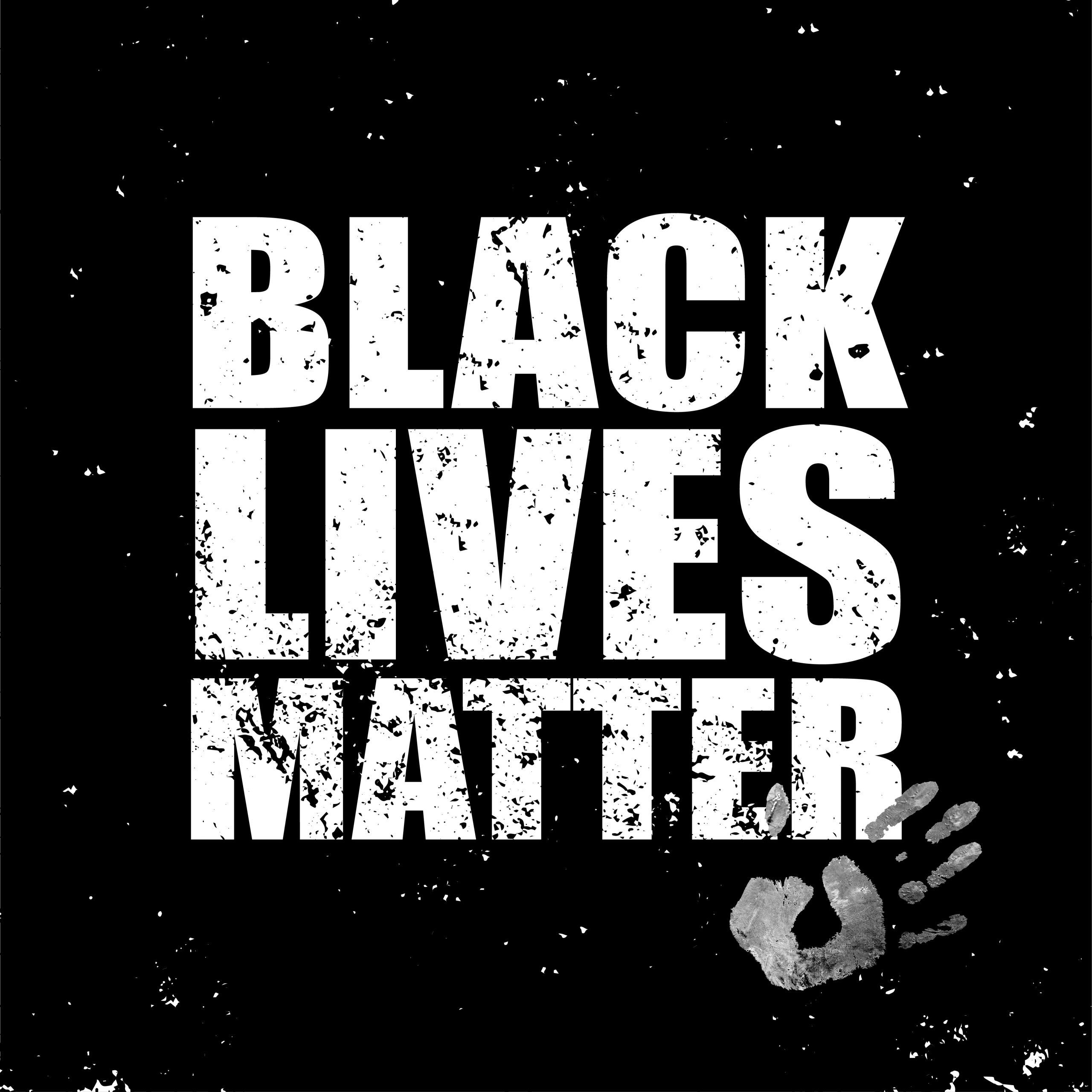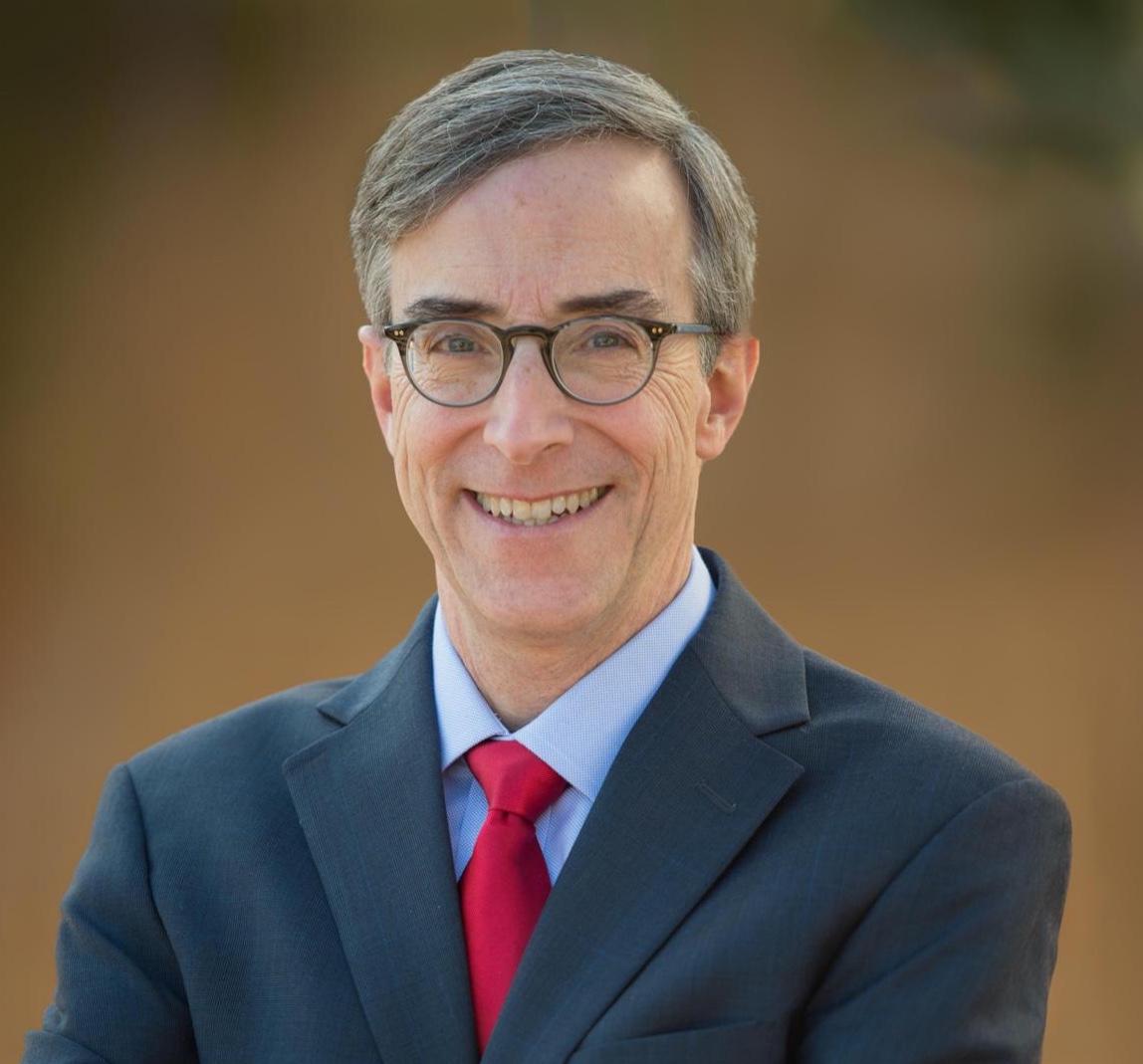“While Black Lives Matter is a slogan with a powerful message, the recent confusion between BLMGN and the Black Lives Matter Foundation speaks to the issues that nonprofits and other organizations can encounter when adopting informational or descriptive marks.”
 Many people are looking for ways to support the Black community and to encourage police reform following the death of George Floyd and others by police. One of the most common ways to provide support has been to organize fundraisers and donate money to nonprofits and grassroots organizations coordinating these efforts. Unfortunately, organizations sometimes adopt similar names or slogans, and donations can be misdirected. In one recent example, donors who thought they were donating to the Black Lives Matter movement—operated under the name Black Lives Matter Global Network (BLMGN)—mistakenly designated funds to an unrelated nonprofit called the Black Lives Matter Foundation. The Black Lives Matter Foundation has a very similar name to the Black Lives Matter movement, but a different mission. Donors were dismayed to discover that they had inadvertently committed funds to the wrong organization.
Many people are looking for ways to support the Black community and to encourage police reform following the death of George Floyd and others by police. One of the most common ways to provide support has been to organize fundraisers and donate money to nonprofits and grassroots organizations coordinating these efforts. Unfortunately, organizations sometimes adopt similar names or slogans, and donations can be misdirected. In one recent example, donors who thought they were donating to the Black Lives Matter movement—operated under the name Black Lives Matter Global Network (BLMGN)—mistakenly designated funds to an unrelated nonprofit called the Black Lives Matter Foundation. The Black Lives Matter Foundation has a very similar name to the Black Lives Matter movement, but a different mission. Donors were dismayed to discover that they had inadvertently committed funds to the wrong organization.
While Black Lives Matter is a slogan with a powerful message, the recent confusion between BLMGN and the Black Lives Matter Foundation speaks to the issues that nonprofits and other organizations can encounter when adopting informational or descriptive marks. If the original organization does not obtain a federal trademark registration, enforcing against junior users and building strong rights can be difficult.
Informational Slogans and Descriptive Marks
Descriptive or informational marks are widespread among nonprofits and other organizations with a social mission. Often these organizations are strongly inclined to adopt a name that clearly tells consumers about their central missions and the services they provide. Names and slogans that describe an organization’s purpose and function can be useful from a marketing or informational perspective, but cause issues from a trademark perspective. In some cases, these marks may not be protectable at all, or may only receive a very narrow scope of protection.
Long-established organizations with borderline descriptive or informational names may be able to claim acquired distinctiveness by virtue of a long, exclusive period of use. For example, the mark PLANNED PARENTHOOD has been in use since 1935 and was permitted to register for reproductive health care services based on acquired distinctiveness. Alternatively, some organizations may have marks that are only partially descriptive: the federal registration of HUMANE SOCIETY INTERNATIONAL, as well as the registrations of several local chapters, disclaims exclusive rights in the term “HUMANE SOCIETY” except as in the mark HUMANE SOCIETY INTERNATIONAL.
The U.S. Patent and Trademark Office’s (USPTO) prohibition on “merely informational” messages also presents an obstacle to some organizations. When the Black Lives Matter movement attempted to register several variations of BLACK LIVES MATTER, the USPTO refused registration on the basis that the phrase was in widespread use by several unrelated parties. Rather than functioning as a mark, the slogan was commonly used to convey support for issues of racial justice and to raise awareness. As such, it could not have any source-identifying capabilities. This is not the first time the USPTO has refused registration for slogans with messages: it also refused registration of ONCE A MARINE, ALWAYS A MARINE and NO MORE RINOS (“Republican in Name Only”) on the same grounds. The Black Lives Matter movement and its local chapters continue to use BLACK LIVES MATTER without registration, but it can be difficult to protect rights in this sort of unregistered name even against other organizations engaged in similar activities.
Opportunistic Filings
High-profile slogans and names are more liable to copying by third parties attempting to use or register these phrases for their own products and services. In the case of Black Lives Matter, a search of USPTO records reveals that, since the beginning of June 2020, 13 apparently unrelated persons or entities filed applications to register BLACK LIVES MATTER or similar marks. More applications were filed for similar marks as early as 2015, although they all received refusals or were abandoned. In the case of the BLACK LIVES MATTER name, the chances of any applicant receiving a registration for that exact phrase without any additional elements are very low because the USPTO considers the phrase to be merely informational. A spike in trademark applications can also speak to a spike in interest and imitators elsewhere: an internet search for BLACK LIVES MATTER in connection with clothing, signs, and other items reveals many businesses selling products using this name.
The rapid rise in prominence of the terms “coronavirus” and “COVID-19” during the current pandemic provides another telling example of the speed at which enterprising businesses seek to secure rights in a commonly used term. Over 200 trademark applications containing COVID-19 or CORONAVIRUS have been filed with the USPTO to date in 2020. Including marks that just contain “COVID” rather than “COVID-19,” the figure is well over 300. Time will tell how many of these applications are actually granted registration — and any resulting registrations will doubtless need to disclaim exclusive rights to “CORONAVIRUS” and “COVID-19.” The USPTO has created a program for prioritization of applications covering goods and services used to fight COVID-19, so some of these “COVID” formative marks may proceed through examination more quickly than usual. For now, these applications provide a telling reminder that competitors move quickly to attempt to develop trademark rights in high-profile terms.
Can Descriptive or Informational Names be Enforced?
Marks that are descriptive or informational are not only more difficult to register, but also more difficult to enforce. However, enforcement is not necessarily impossible. For example, in 1973, a Missouri court held that MISSOURI FEDERATION OF THE BLIND was confusingly similar to NATIONAL FEDERATION OF THE BLIND OF MISSOURI, INC. Because the two organizations had the same purpose of promoting the “economic and social welfare of the blind of Missouri,” and because both were centrally engaged in fundraising, the court found that confusion was likely. Missouri Federation of Blind v. National Federation of Blind, Inc., 505 S.W.2d 1 (Mo. Ct. App. 1973). Similarly, the American Diabetes Association successfully received a preliminary injunction against an organization using the name “National Diabetes Association” in fundraising. In that case, the American Diabetes Association had been using its name for over 40 years and testified to daily instances of consumer confusion between itself and the National Diabetes Association. Given the similarity in names, and the fact that both organizations operated in the field of diabetes, the court found that confusion was likely. American Diabetes Ass’n, Inc. v. National Diabetes Ass’n, 533 F. Supp. 16, 21, 214 U.S.P.Q. 231 (E.D. Pa. 1981), aff’d, 681 F.2d 804 (3d Cir. 1982).
Organizations with relatively weak names can still be successful in preventing clear infringement. However, they often face an uphill battle in enforcing their rights against non-identical junior users. If an organization’s goal is to prevent third parties from using similar marks – whether to ensure that donations are directed appropriately or to prevent the sale of counterfeit products – adopting a strong mark at the outset, and carefully monitoring for imitators, is key.
This issue is particularly important to bear in mind for nonprofits and other organizations with a social or charitable mission. Such organizations may not consider developing a strong mark to be a priority when starting up, or may not devote financial resources to this task, particularly if they are moving quickly in response to current events. Moreover, these organizations are particularly likely to adopt names that convey a common informational message or describe the services provided. Such names eventually may be protectable by virtue of acquired distinctiveness and should be enforceable against clear imitators, but careful thought regarding the trademark principles discussed in this article can increase the chances that an organization can prevent consumer confusion.

![[IPWatchdog Logo]](https://ipwatchdog.com/wp-content/themes/IPWatchdog%20-%202023/assets/images/temp/logo-small@2x.png)


![[Advertisement]](https://ipwatchdog.com/wp-content/uploads/2024/04/UnitedLex-May-2-2024-sidebar-700x500-1.jpg)
![[Advertisement]](https://ipwatchdog.com/wp-content/uploads/2024/04/Artificial-Intelligence-2024-REPLAY-sidebar-700x500-corrected.jpg)
![[Advertisement]](https://ipwatchdog.com/wp-content/uploads/2024/04/Patent-Litigation-Masters-2024-sidebar-700x500-1.jpg)

![[Advertisement]](https://ipwatchdog.com/wp-content/uploads/2021/12/WEBINAR-336-x-280-px.png)
![[Advertisement]](https://ipwatchdog.com/wp-content/uploads/2021/12/2021-Patent-Practice-on-Demand-recorded-Feb-2021-336-x-280.jpg)
![[Advertisement]](https://ipwatchdog.com/wp-content/uploads/2021/12/Ad-4-The-Invent-Patent-System™.png)






Join the Discussion
2 comments so far.
Kenneth Stahl
July 20, 2020 12:55 am“Black Lives Matter” typographic contains capital letters, an accepted English usage for a proper noun. If production of yard sign advertising collateral took place under the auspices of a dba of same or similar construct, would that not signify an advertisement for same?
The declarative statement would be: “Black lives matter.” would fall into the category referenced above, and not signify corporate identity promotion. But not the former, above.
Anon
July 7, 2020 10:29 amEasy answer here: submit a trademark registration for the url of the organization.
If even generic words ‘before the dot’ now get a pass (based on the fact that the ‘after the dot’ can be ‘Only One’), descriptive and informational words (phrases) can enjoy no less protection.